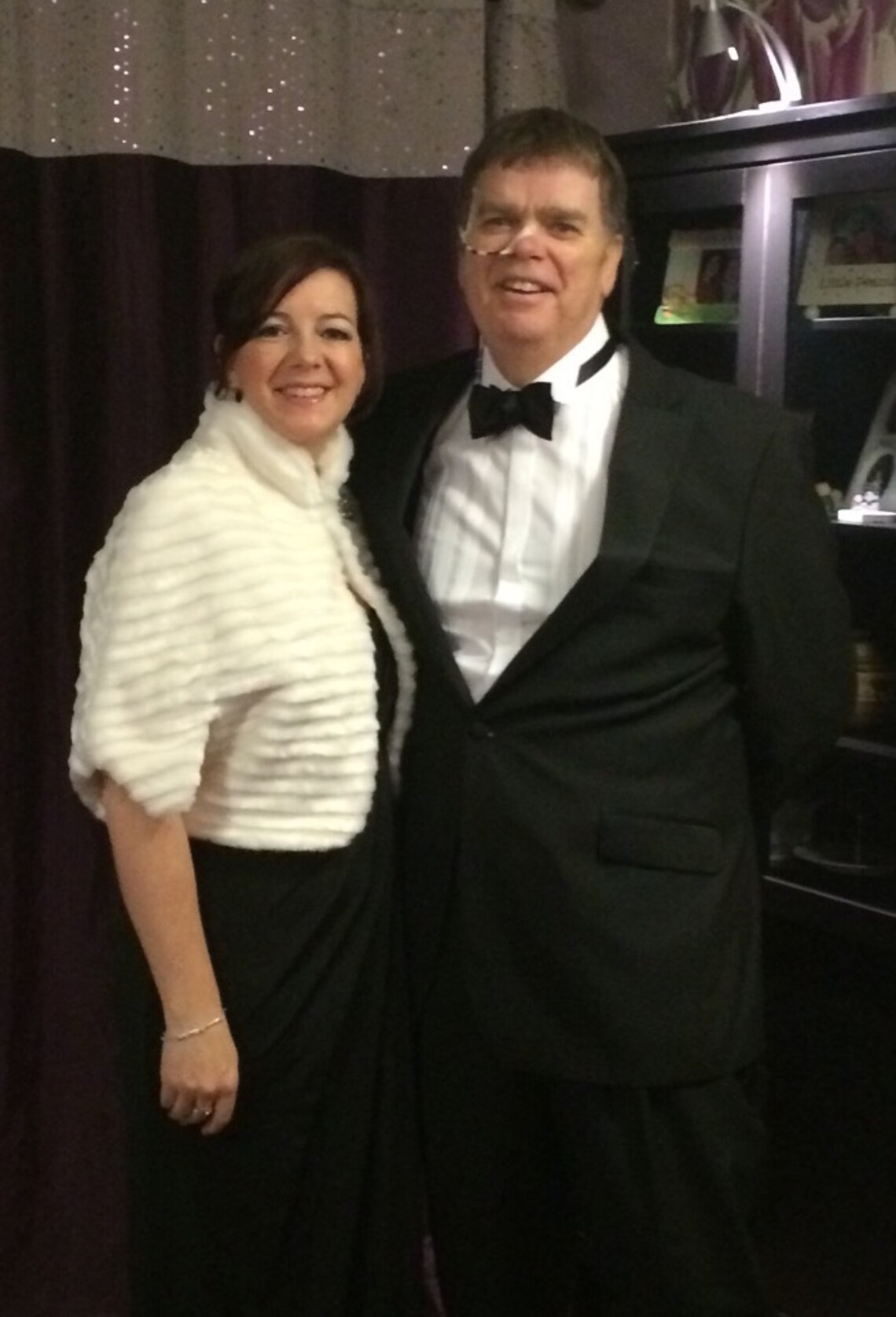- La vie après le cancer
- Témoignages
- Sharleen Johnston
Sharleen Johnston
We are very fortunate that Alan's cancer was treatable and I pray we continue to be fortunate in the coming years.

My husband Alan was diagnosed with oropharyngeal cancer (tumour at the base of his tongue) in August 2015. It had been a fantastic week up until that point as we had welcomed our first granddaughter into the world, after 4 grandsons! I am a critical care nurse, and I had my suspicions the day we went to the ENT clinic for the results. Alan had turned 51 in June 2015, is 6ft 3 inches, never smoked and consumed minimal alcohol, because of his generally good health, we were shocked at his diagnosis and the weeks after it were a black hole of uncertainty. Later we had found out that Alan's cancer was caused by human papillomavirus 16 (HPV 16); the same type which causes cervical cancer. We were told that because of this there was an 80% success rate with the treatment.
Between his diagnosis on 28 August and treatment starting on 28 September we tried to stay positive and enjoy our baby granddaughter. Which turned out to be extremely difficult; we would often find ourselves in conversation about something and then end up discussing his diagnosis frequently ending in tears. I often felt out of control, fearful, and sick to my stomach. Alan was quiet a lot of the time and I felt as if he was trying to absorb what was happening to him. We did speak honestly and openly about many things including death.
He had CT scans and also had a mould of his face and neck made, to design a mask for his radiotherapy treatment. His tumour was a stage 3 with stage 2 node involvement. Thankfully no metastases. So we started six weeks of treatment which included two overnight stays, one in the first week and one in the fourth week for treatment every day. While I found this exhausting, you can imagine how Alan felt.
He sailed through his chemotherapy like a warrior, but the radiotherapy knocked him out. He did really well until the third week when he developed severe pain on his left shoulder, proceeded with burns on his neck and collarbone. His oral intake was decreasing everyday too and inevitably he was admitted to the cancer hospital in Glasgow for a nasogastric tube (NG tube). The next two months were spent feeding Alan seven times a day down the tube to sustain his weight. He lost 56lbs in five weeks!His mouth was horrendously painful due to the treatment and he needed morphine based medication to keep him comfortable. Most of his days between September and December were spent sleeping between treatments. It was heartbreaking to watch and yet I'm trained and see this often in my work; however, it's very different with someone you love.
Alan is an electrician, very strong, and very rarely sick despite having Type 2 diabetes. Now here I was, standing by his bedside feeding him bottles of vanilla milkshake as he slept and seemed to have aged overnight. I was angry with cancer!
I felt my training was a huge advantage to us but also quite a burden as I knew too much at times. Overall I would say that Alan's treatment journey was mostly good; a few hiccups with pain referrals and pharmacy but I made sure these were resolved.
Now we are almost nine months post treatment and Alan is continuing to recover. He is back at work which is exhausting him, but it's been good for him and keeping his mind busy. Our children were a great support, as were our friends. I probably could have allowed people to help more but I felt I had to do it all and be at every appointment and clinic. The coming two years will be critical and Alan has regular checks with the consultant. We are very fortunate that Alan's cancer was treatable and I pray we continue to be fortunate in the coming years.














